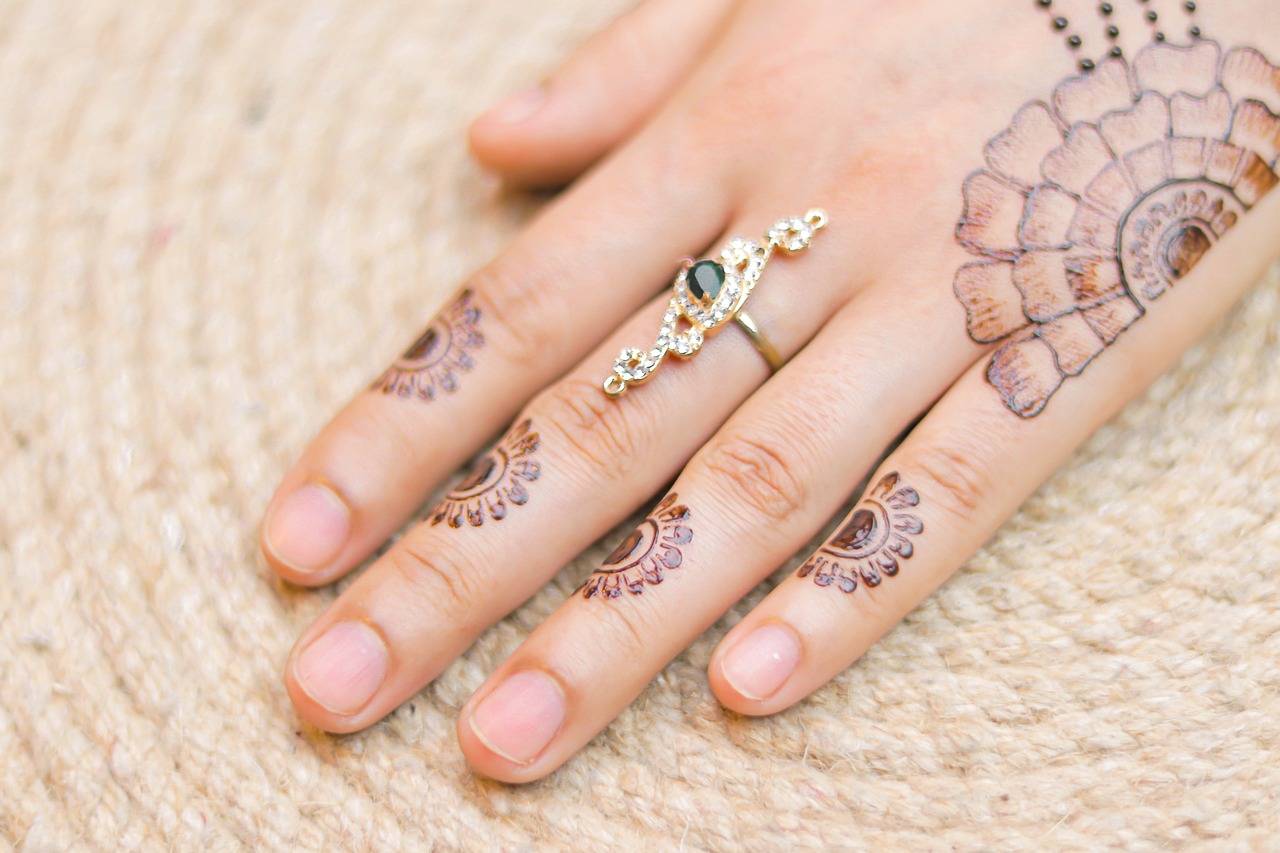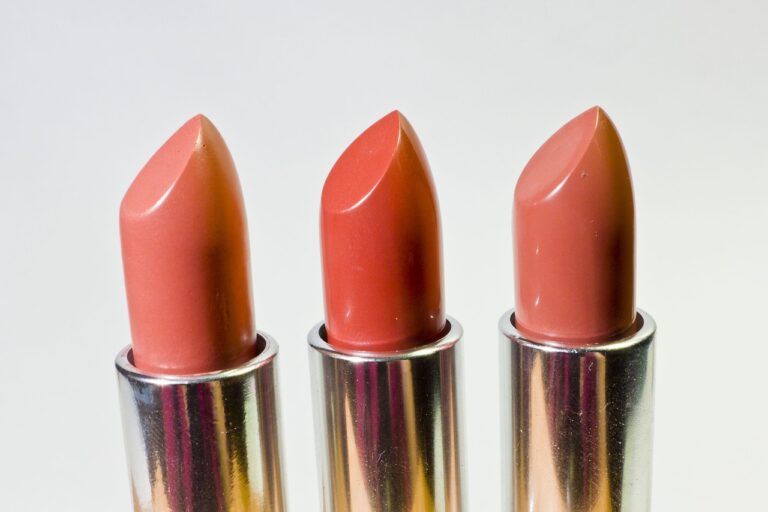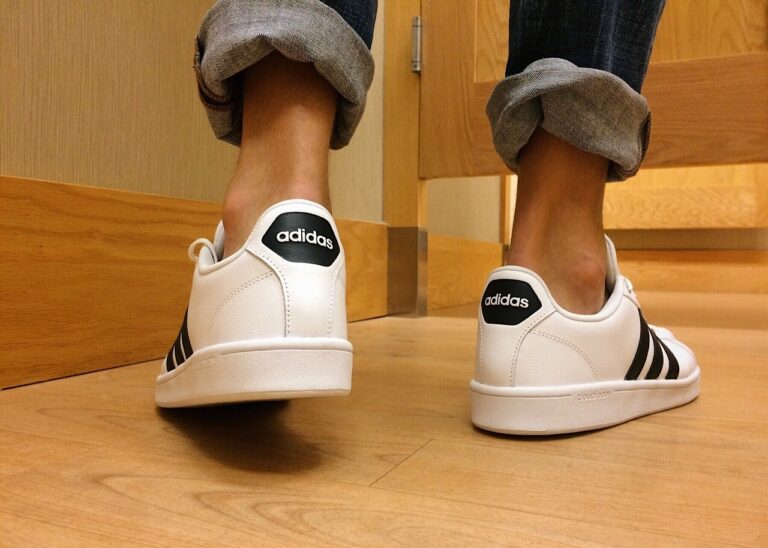Fashion and Travel: Sustainable Fashion Choices for Eco-Friendly Travelers
Sustainable fashion is gaining traction worldwide, with more consumers opting for eco-friendly fabrics in their clothing choices. Fabrics like organic cotton, hemp, and bamboo are seeing a surge in popularity due to their minimal environmental impact. These materials are biodegradable, renewable, and often require less water and pesticides to grow, making them a great choice for environmentally conscious individuals.
In addition to natural fibers, recycled materials like polyester made from plastic bottles are being increasingly used in the fashion industry. By repurposing waste into new clothing items, designers are tackling the issue of textile waste and contributing to a more circular economy. With advancements in technology, these recycled fabrics can now mimic the look and feel of traditional textiles, offering consumers stylish and sustainable options.
Choosing Ethical and Fair Trade Clothing Brands
When it comes to making mindful fashion choices, opting for ethical and fair trade clothing brands can greatly impact the environment and support the well-being of garment workers. By shifting our focus towards brands that prioritize fair wages, safe working conditions, and sustainable practices, we contribute to a more humane and environmentally friendly fashion industry.
Before making a purchase, take the time to research and familiarize yourself with the values and practices of clothing brands. Look for certifications such as Fair Trade or Global Organic Textile Standard (GOTS) to ensure that the garments you buy are ethically produced. Supporting brands that prioritize transparency and ethical manufacturing processes not only promotes social responsibility but also encourages other companies to follow suit, leading to a more sustainable and ethical fashion landscape.
What are some examples of eco-friendly fabrics used in sustainable fashion?
Some examples of eco-friendly fabrics used in sustainable fashion include organic cotton, bamboo, hemp, Tencel, and recycled materials.
How can I ensure that the clothing brands I choose are ethical and fair trade?
Look for clothing brands that are certified by organizations such as Fair Trade USA or the Global Organic Textile Standard (GOTS). Additionally, research the brand’s supply chain transparency and labor practices.
Why is it important to choose ethical and fair trade clothing brands?
Choosing ethical and fair trade clothing brands helps support sustainable and ethical practices in the fashion industry, ensures fair wages and working conditions for garment workers, and helps protect the environment.
Are ethical and fair trade clothing brands more expensive?
Not necessarily. While some ethical and fair trade clothing brands may be priced higher due to the cost of sustainable materials and fair labor practices, there are also affordable options available in the market.
How can I find ethical and fair trade clothing brands near me?
Look for stores and online retailers that specialize in sustainable fashion, search for brands with certifications such as Fair Trade or GOTS, and read reviews and research on the brands’ ethical practices.





